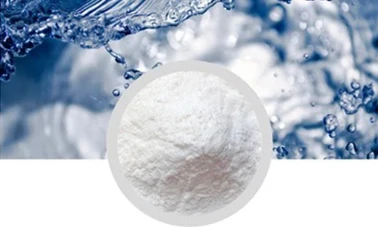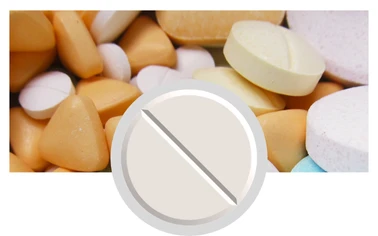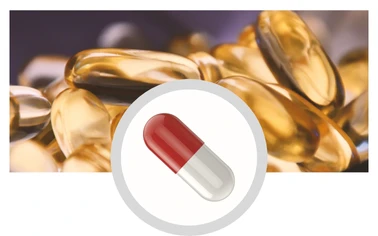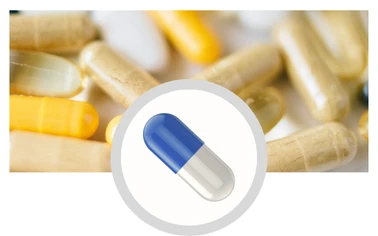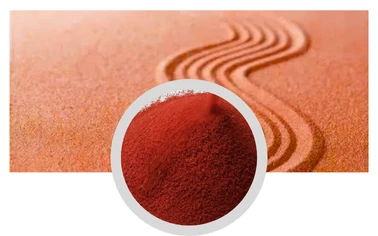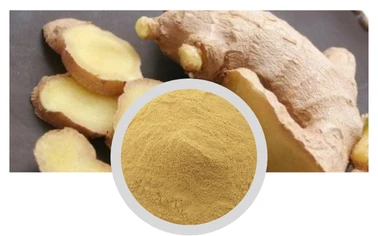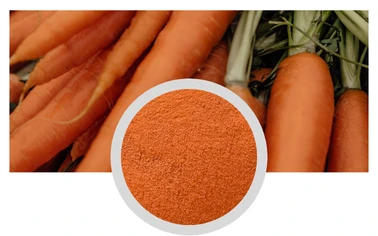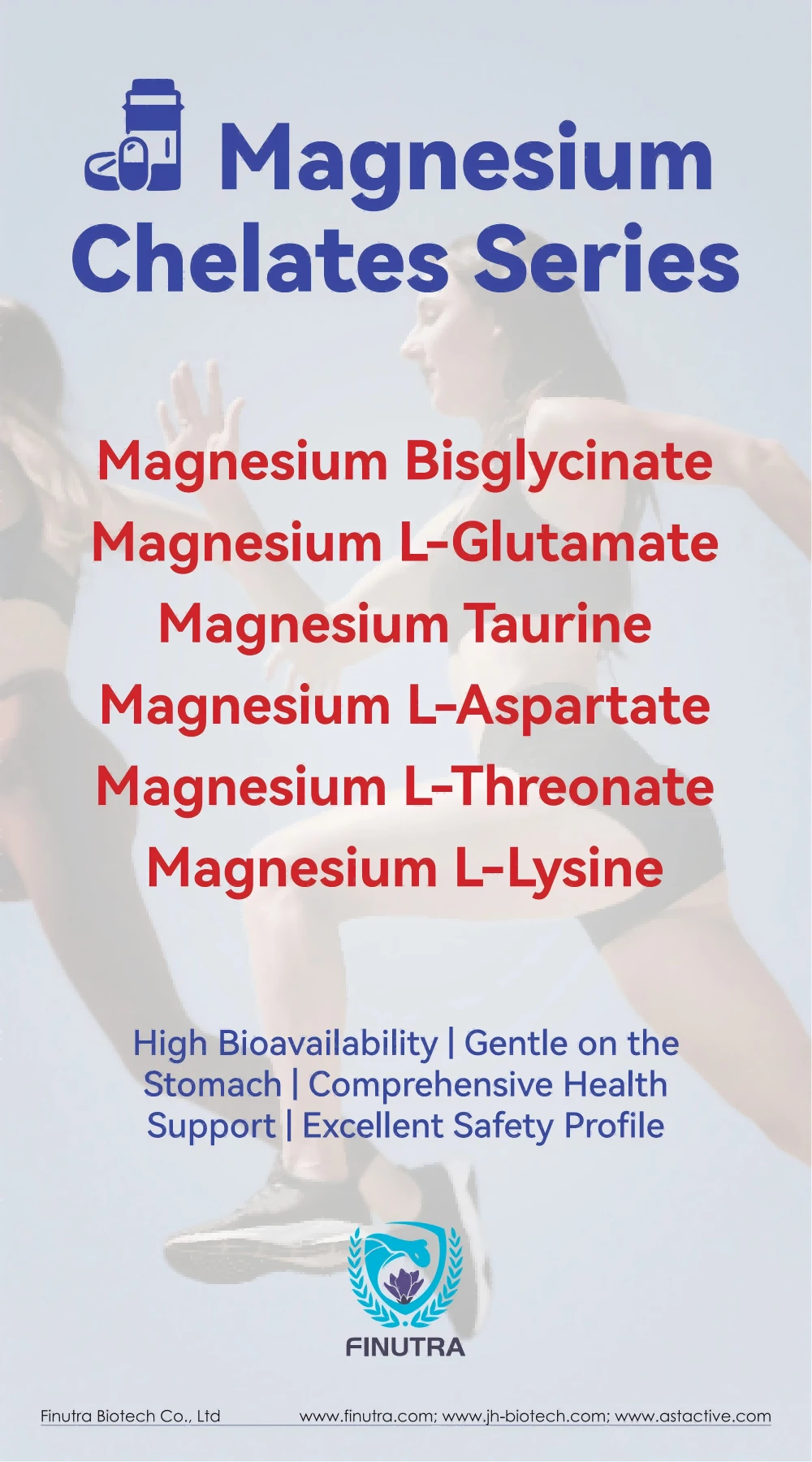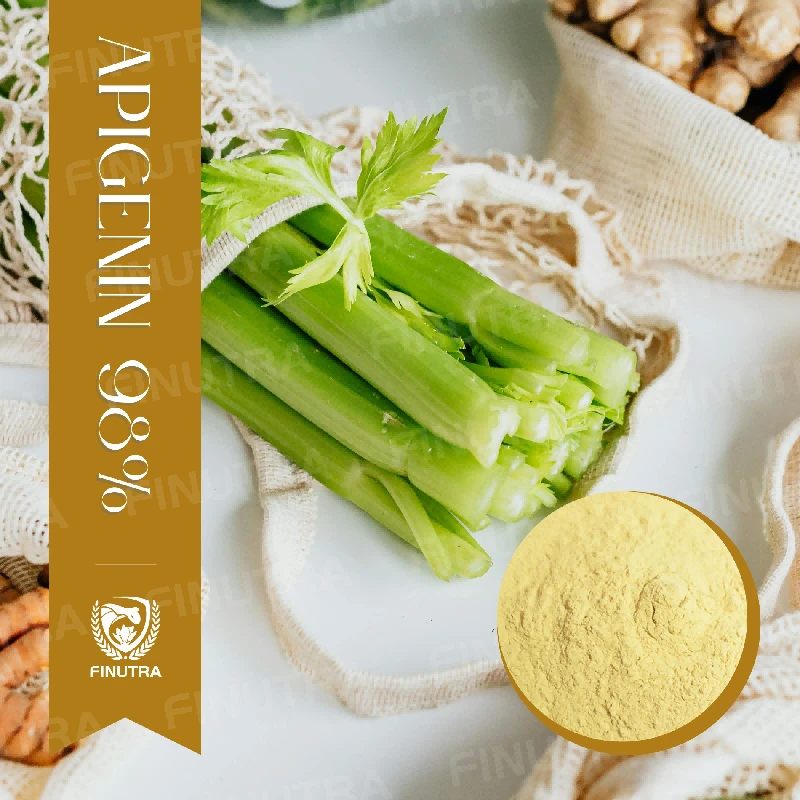
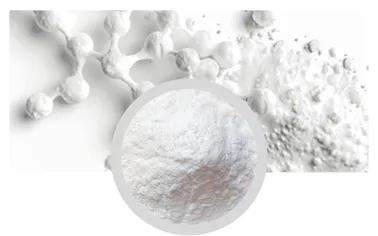
The extraction process, however, can vary significantly among manufacturers. This variability can affect the potency and purity of the final product. High-quality extracts are usually produced using methods that ensure a balanced profile of the herb’s active ingredients while minimizing potential chemical residues. As such, it's crucial to opt for extracts from reputable brands that adhere to stringent quality control measures. Third-party testing and certification can enhance trustworthiness, providing consumers with verifiable assurance of an extract's potency and safety. When considering the expertise of health professionals and nutritionists, it is clear that both forms of ashwagandha have their place, contingent upon individual health goals. For those looking to integrate ashwagandha into their regimen as a general health support, particularly when aligned with traditional practices, root powder may be the preferred choice. In contrast, individuals seeking targeted therapeutic effects, such as stress reduction or enhanced cognitive function, may find extracts more suitable. Trust in ashwagandha products is also built through transparency, not just in production but in education. Companies that provide comprehensive insights into their sourcing, processing methods, and clinical studies that vouch for their product's efficacy invite greater consumer trust. Expertise is demonstrated not only by producing high-quality products but by guiding consumers on their wellness journey through research-backed information. Ultimately, whether one opts for ashwagandha root powder or extract should be informed by personal wellness objectives, dietary preferences, and a critical evaluation of product quality. Both forms carry the ancient wisdom of ashwagandha, an herb with a rich legacy in holistic health, yet with distinct pathways to enhancing one's health and vitality.
Post time:Jan - 14 - 2025



